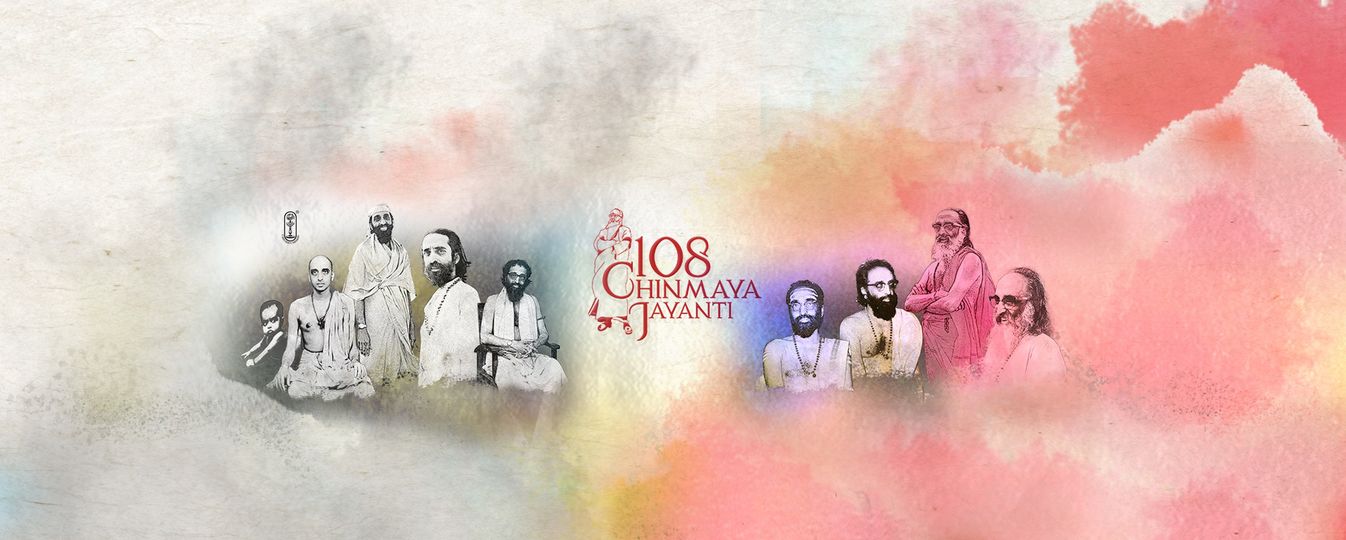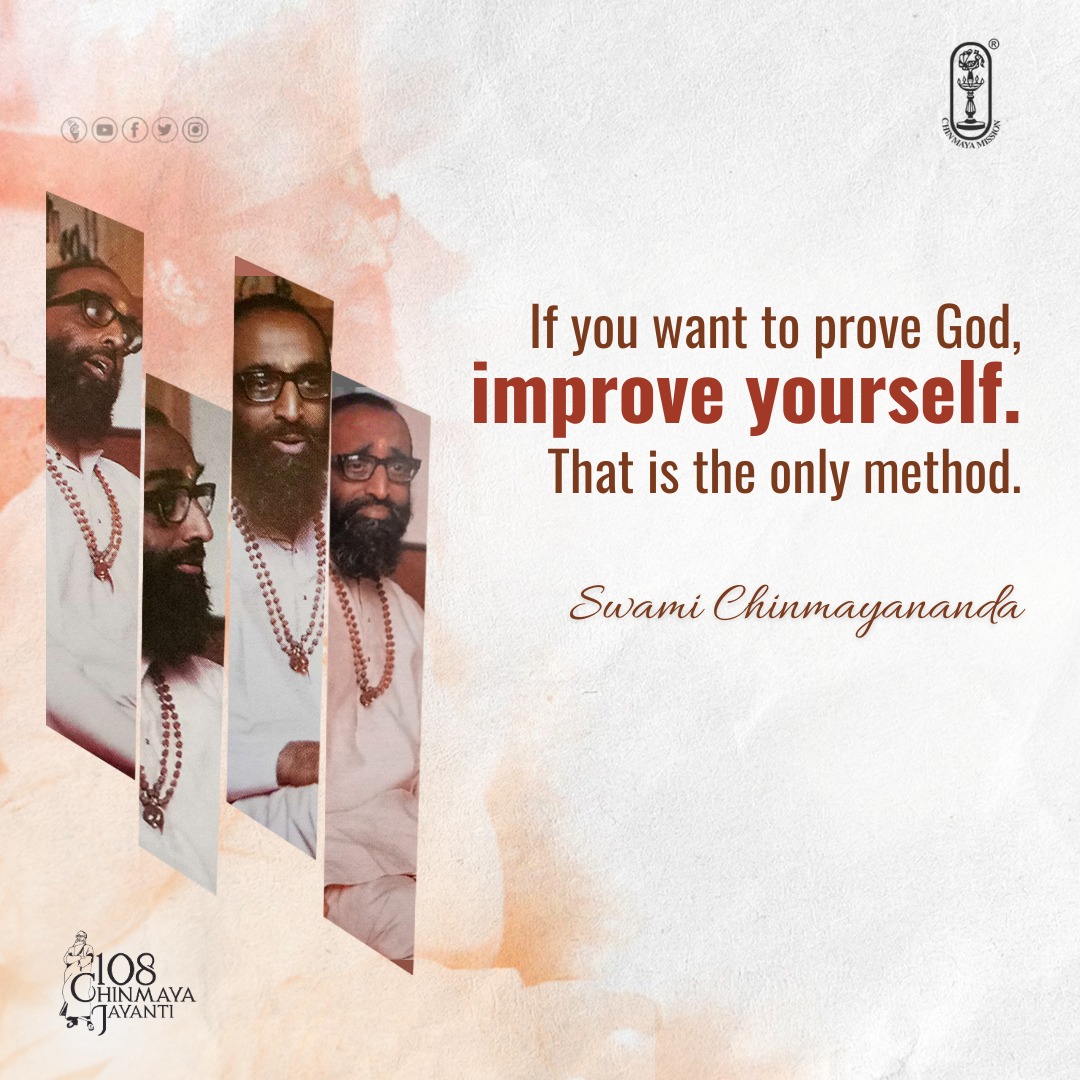TAITTIRIYA UPANISHAD – 55. Rishi Yajnavalkya.
Sunday 05, Apr 2024. 06:50.
Taittiriya Upanishad
Part-2.
BRAHMANANDA VALLI
PART 2: 9 No. Anuvakas (Chapters)
THE BLISS THAT IS BRAHMAN
Post - 55.
==================================================================================
UPANISHAD SARA SANGRAH
Anuvaka 2.1
The Essence of the Upanishads:
==================================================================================
“Satyam, Jnaanam, Anantam, Brahman”
Bhashya A:
“On the Nature of BRAHMAN”
Coverage: Mantram - 2.1.2 (3 Padas)
==================================================================================
LINE 5:
sah ashnute sarvaan kaamaan, saha brahmanaa vipashchitaa
“He enjoys all desires, along with the omniscient Brahman.”
====================================================================================
The question that arises from this line is:
Question 3:
What is the nature of such a realization of Brahman? What does it
mean to us to attain Brahman? It means realizing our identity as the Self of all beings.
A/
Sah: This is the person who has known Brahman in ‘the cavity of his heart’,
following from 4. Ashnute: He is said to enjoy Sarvaan Kaamaan, all desires, i.e. every
imaginable desire; nothing is left behind from the list. In a worldly person, such a realization
may draw the reaction, “Oh, so it is well worth it!” Perhaps, his joy may increase a
millionfold if he knows how the realized sage experiences these desires!
Does he enjoy the objects of pleasure in sequence, one after another, as we do? We
have to forgive the Rishi who seems to be teasing us, since he clearly has something very
special to tell us. The Bhashya explains: “No, he enjoys them all in a single moment!” The
experience is Saha, i.e. simultaneous, through a single perception.
It must dawn on us by now that we are not speaking of ordinary sensual desires.
Clearly, something very extraordinary is being referred to and we are being explained it in
an allegorical manner: The Bhashya continues: “It is Eternal, like the light of the Sun; It is
non-different from Brahman Himself, whom we have just defined as Satyam, Jnanam,
Anantam. It is none other than the experience of Absolute Bliss!”
B/
Saha Brahmanaa: This experience is had in “identification with Brahman.” The
knower of Brahman has become Brahman, so all his experiences are going to be as Brahman
experiences them, not as we experience things in this world. Hence, we are alerted to be
prepared for something very unusual. We have to shut our intellects and absorb this
awesome experience with our heart.
Yes, Brahman enjoys, but what does He enjoy and how?
i) He certainly does not enjoy paltry sense pleasures, dependent as they are on sense
objects and which are obtained by us through earning merits (Paapa).
ii) He does not enjoy through the five sense organs, viz. the eyes, ears, etc. These are
all conditioned experiences resulting from our limitations of the Upadhis. They are like
seeing a reflection of the sun instead of the Sun itself directly.
C/
Then how does He experience or enjoy them?
Brahman is omniscient, all-pervasive and the Self of all. He enjoys simultaneously ;
not in sequence one after the other, as we have seen earlier. His experience of Bliss is
independent of all “effects”; that is, it cannot be dependent on objects, nor merits, nor the
sense organs and mind, all of which are limited. It is much more subtle in its quality. We
have not known anything like it in this relative world. However, the last word of 5 gives us a
clue as to how we can all have this same gigantic experience.
D/
Vipaschitaa: this means “with the intelligent One”. True intelligence is omni
science. Hence the experience of Omniscience, having the unconditioned Knowledge of
everything simultaneously, is being referred to. The Bhashya does not make any pretence of
explaining any further – that is not within the reach of words.
*****
Next
INTRODUCTORY LINK TO THE FIVE KOSHAS
Continued







.jpg)

Comments
Post a Comment